If you are reading this, you have probably met at some point a person identifying themselves as “pro-Russian”. Maybe you are one?
There is one question I would like to ask all the “pro-Russian” people, especially in the Western world. If you meet them, ask it on my behalf, please.
The question is: what is it that you particularly like about Russia? Ever been there? Planning to relocate?
Russian propagandist Soloviev is expressing his hatred to the West using Western technology (screen fom Julia Davies Twitter)
Do you drive a Russian vehicle? Do you use a Russian laptop or smartphone? Do you wear Russian clothes?
Is that an RussiaWatch on our wrist? When you binge TV series, do you watch Ruflix on a Russian TV set, sitting on a sofa made by the world famous furniture company, RUSKEA?
Maybe you like Musorgsky or Tchaikovsky. Me too (who doesn’t?). But do you listen to them on a Russian-made stereo, or is it actually Denon or Sony?
Maybe it’s the folk cuisine? Borshtch, bliny, pelmeny, that sort of things? But they are not Russian, they are Ruthenian, so: in Ukraine or Poland or Lithuania they are just as authentic (and the restaurant bathroom will be clean, which is not that obvious in Moscow, believe me).
I haven’t been to Russia for years so my impressions could be slightly obsolete, but I don’t think the situation changed for the better. For instance, the percentage of households with indoor plumbing is actually slightly DECREASING.
It could come as a surprise for the people living in other countries, where things go generally forward - but for the last decade or so, Russia has actually been collapsing. This is their last hurrah.
It’s the classic “resource curse”. Russia used to make enough money exporting raw resources there was little incentive to invest in anything else.
On paper, their GDP was increasing (up to a point). But even when it was, it meant very little to your average Ivan Ivanovich Ivanov. A lion’s share was pocketed by a handful of oligarchs who usually don’t even live in Russia (the most prized possession for a Russian is a foreign passport).
This is why probably you never owned a Russian car. Yes, Russia makes them, but they were actually American (Ford Model B licensed as Gaz M-20 Pobeda), Italian (Fiat 124 licensed as Lada / Zhiguli), French (a bunch of recent Lada models, actually budget versions of Renault) and currently Chinese.
They are sold mostly on the domestic market for Russians who have no other option. There are some “export” versions, but really, why would you want to buy a poor knock-off-Renault if you can afford Renault proper?
Putin in Mariupol in a car that is definitely NOT made in Russia - still from video via Russia24
When Putin drives a car through the Crimean bridge or around Mariupol during his recent visit to Donbas, he never does it in Lada Krappa. It’s a Mercedes, Toyota or Lexus. Even Russians hate Russian cars.
I can’t blame them. In my long life, I used to drive Lada 2107 and Lada Samara. I switched to Western cars once I could afford it (in this context, just like in many others, “Western” includes Japan and Korean). So do Russians, but in the European Union, a person with an average salary can afford a Western car. For Ivan Ivanovich Ivanov, it’s a vodka dream.
We take many things for granted in the West. Just look around your place, the one where you’re reading this.
You probably have a functioning refrigerator in your kitchen. Some of your favourite delicacies are in there - maybe it’s matured cheese, maybe hummus, probably some refreshing beverage. You bought it in a store around the corner, they didn't cost you an arm and leg.
Most of that stuff is difficult to buy even in Moscow, and simply unavailable in “glubinka” (deep territory). Ivan Ivanovich Ivanov simply cannot enjoy prosciutto with prosecco. Of course, for an oligarch, impossible is nothing - he will get it delivered via helicopter even to Siberia. But I’m trying to compare average persons - Ivanov to Novak, Dupont or Schmidt.
Ivanov technically has a refrigerator, which he bought when he had the last good year (in terms of finance). Then it ceased to work, the spare parts were too expensive for him, and now they are unavailable due to sanctions. So he is using his fridge as a fancy cupboard to store the dishes (a surprisingly common arrangement in Russian households).
In Russia, many things exist only on paper. In official statistics Ivanov will be listed a someone who owns a refrigerator. He will be even listed as someone who has indoor plumbing - he might even have a toilet bowl (lucky for an average Russian!), but the running water does not reach his floor, so he does not use it for “number two”. For the same reason, he can’t have a washing machine in his bathroom.
The map of drinkable tap water - notice that this resource is availably almost exclusively in the West. The new EU members barely made it, the latest pair: Bulgaria and Romania are halfway there. Via CDC.
In the West we are used not only to having a running water that actually runs, but is even DRINKABLE. In Russia it’s not even the case in Moscow - if you have a crazy idea of drinking tap water, the smell will bring you back to your senses.
An average Western person either has an easy access to a convenient public transport system - and does not feel the need to own a car, or they have a car in good technical shape, always ready for a 500 km road trip. Ivan Ivanovich Ivanov might technically own a car, a 30-year old Zhiguli (he needs it to carry potatoes he cultivates for himself from the small piece of ground - he proudly calls a dacha; it’s not a hobby, it’s necessity), but he wouldn’t dare to ride the 100 km to the nearest town.
That’s OK, because the highway also exists mostly in theory. Russian language has a number of idioms and expressions used to describe objects, people and institutions that aren’t really there, but are listed in statistics - “Potemkin villages”, “Roitschwantz rabbits”, “pokazukha”, “dead souls”, etc.
On ground ferry transporting cars through a section of highway that exists only in theory (via English Russia)
You can’t understand Russia if you don’t understand this. Many people in the West are asking questions such as: where is the ultramodern T-14 Armata tank? Where is the Russian answer to F-22 Raptor, mighty Sukhoi Su-57? Where is the supersoldier superarmour exoskeleton Ratnik? Why instead of sending them to battle - Russia seems to use tanks that are older even than me?
Some people still believe that Russia does have million of soldiers supplied with modern equipment. They hide it somewhere where the NATO satellites can’t see them. After 13 months of full scale invasion, they just haven’t decided to use this advantage. After all, “they haven’t started yet”. This is because of… [cue in some incoherent mumbling of a self-proclaimed expert who doesn’t even speak Russian].
People who know Russia also know that Russian kleptocracy turned everything - including the army - into a gigantic “pokazukha”. It is a million of dead souls in Roitschwantz tanks and Potemkin planes.
If they are listed in the government registers, there is also a budget for their maintenance. Someone pocketed (and still keeps pocketing) this money, but most of this “pokazukha” never existed in the first place. Or at best it was just like with Ivanov’s car: it exists, just don’t drive it too far. T-14 and Su-57 look cool on parades, just don’t take them to actual combat.
Corruption exists also in the West, so we think it’s more or less similar in Russia - we do have kickbacks and shady under-the-table arrangements, but the roads are generally being built, the running water actually runs, and the army is getting their deadly toys. It’s a mistake to think of Russia this way: bribes don’t guarantee any result, but failure to give one might cause you trouble.
If you have running water in your Western bathroom, it is because your city mayor wants to be re-elected. If your fridge cools tasty things, this is because the appliance maker (and the local grocery store owner) wants to sell you stuff. It’s not like that in Russia.
In September 2022 Russia ran a series of recruitment propaganda videos. Their message was “life in Russia is hell anyway, so why not join the army, what do you have to lose?”.
Still from a Russian recruitment video (via Dmitri/Wartranslated)
In one of them, a Russian granddad is buying food in a grocery store (pay attention to how poorly it is stocked - good luck finding your favourite treats there!). He can’t afford even the most basic stuff. He is desperate enough to sell his last item of any value: the Zhiguli vehicle he got in 1980’s for his service in Afghanistan. In the last minute, his grandson stops him - he enlisted! So there will be money at long last!
Life in Ukraine is no paradise, either. But as they are becoming more Western, they are improving their quality of life. It has already started. They want work hard to elevate their quality of life to the EU standards, just as we - their neighbours - did in the last decade.
Ask you pro-Russian friends: who has the right to deny it to them? Elon Musk? Noam Chomsky? Clare Daly?
Russia is fighting to spread their hell around the world. That’s why the comparison to Mordor and orcs isn’t that far-fetched.
“You gonna laugh, but Kherson police took our volonteer vehicles”, that’s how Roman Saponkov begins his story. He was right, I laughed (via RSaponkov on Telegram)
Recently one Russian military blogger, Roman Saponkov was complaining in social media that the vans he used to deliver supplies with to Russian soldiers were stolen by the separatist’s “police”. Note that the “annexation” also happened only in theory: the occupied Ukrainian lands still do not function as a part of proper Russia. Russian civilian trains don’t go there, Russian police does not operate there, you can’t cross the border without passport (the border is gone in theory, on the paper, but border crossing checkpoints still operate in practice).
At the time of writing, Saponkov still failed to recover his cars. This is Russia: when police wants to steal your car, they just take it. It doesn’t matter who’s right or wrong, what matters is who can kill whom.
“Mutinous videos” are recently a frequent phenomenon in Russian army. This one is particularly shocking even by Russian standards. The soldiers from Vodyane reveal that their commanders use the war as a mesans of extortion: pay 20.000 roubles or you are sent on suicide mission. If you don’t pay, they will take you out of hospital without treatment - and send you back to combat. Do you think the metaphor of devils spreading hell is too far fetched? Via Dmitri/Wartranslated.
It does not stop Saponkov from being fanatically pro-Russian. The more he suffers, the more eager he is to impose Russian hell to all of us. That’s how Russia operates.
I hope, my dear Western reader, that you are smarter than that.





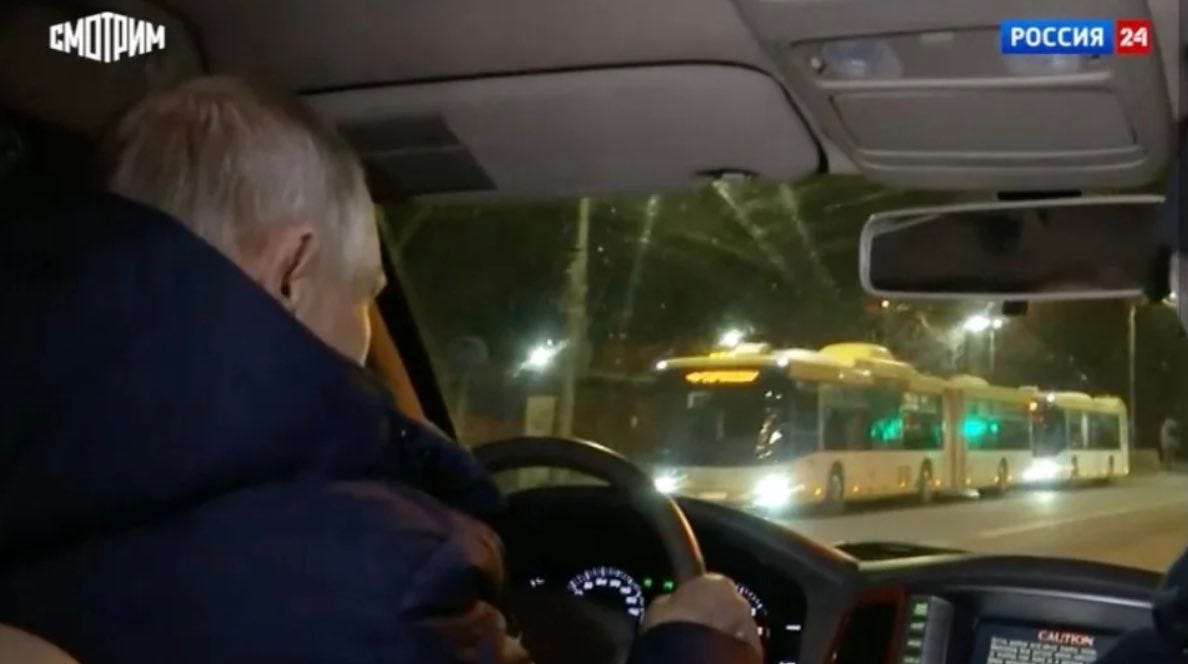
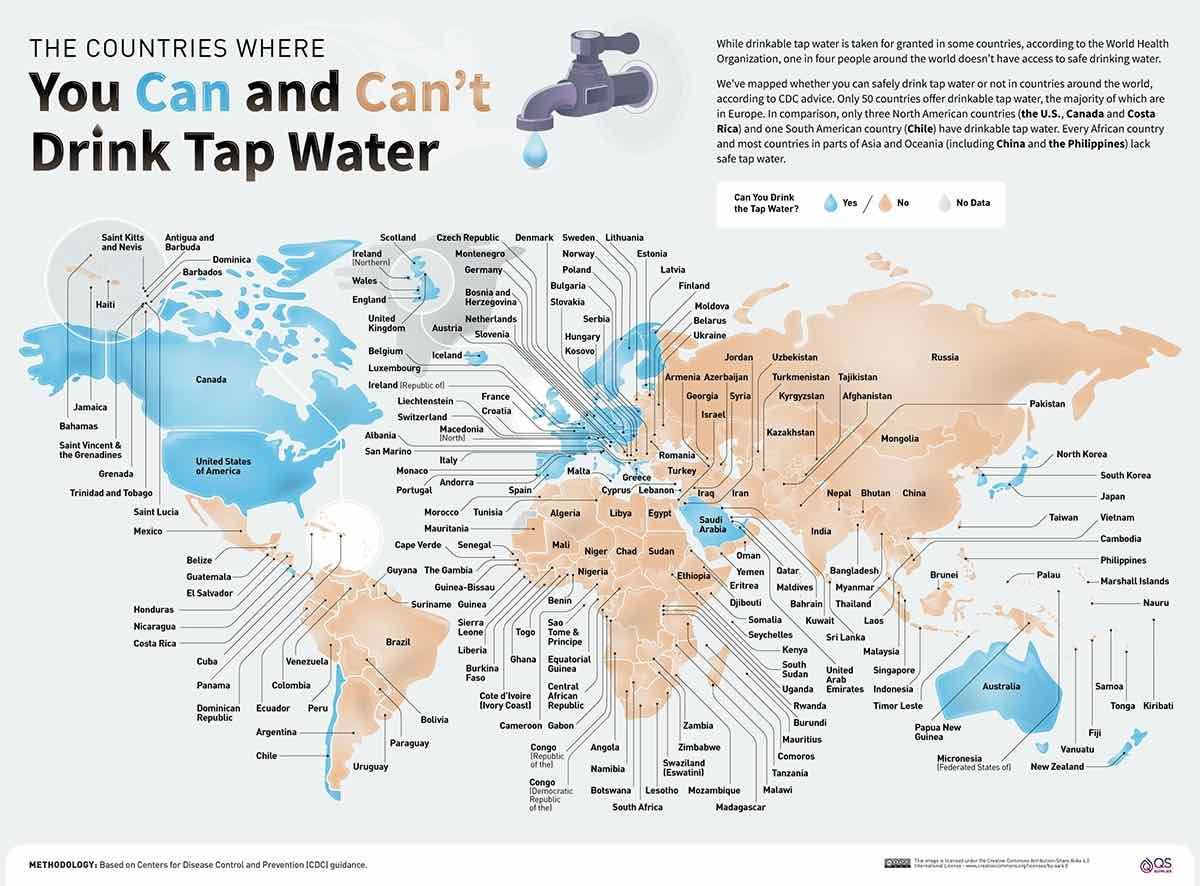
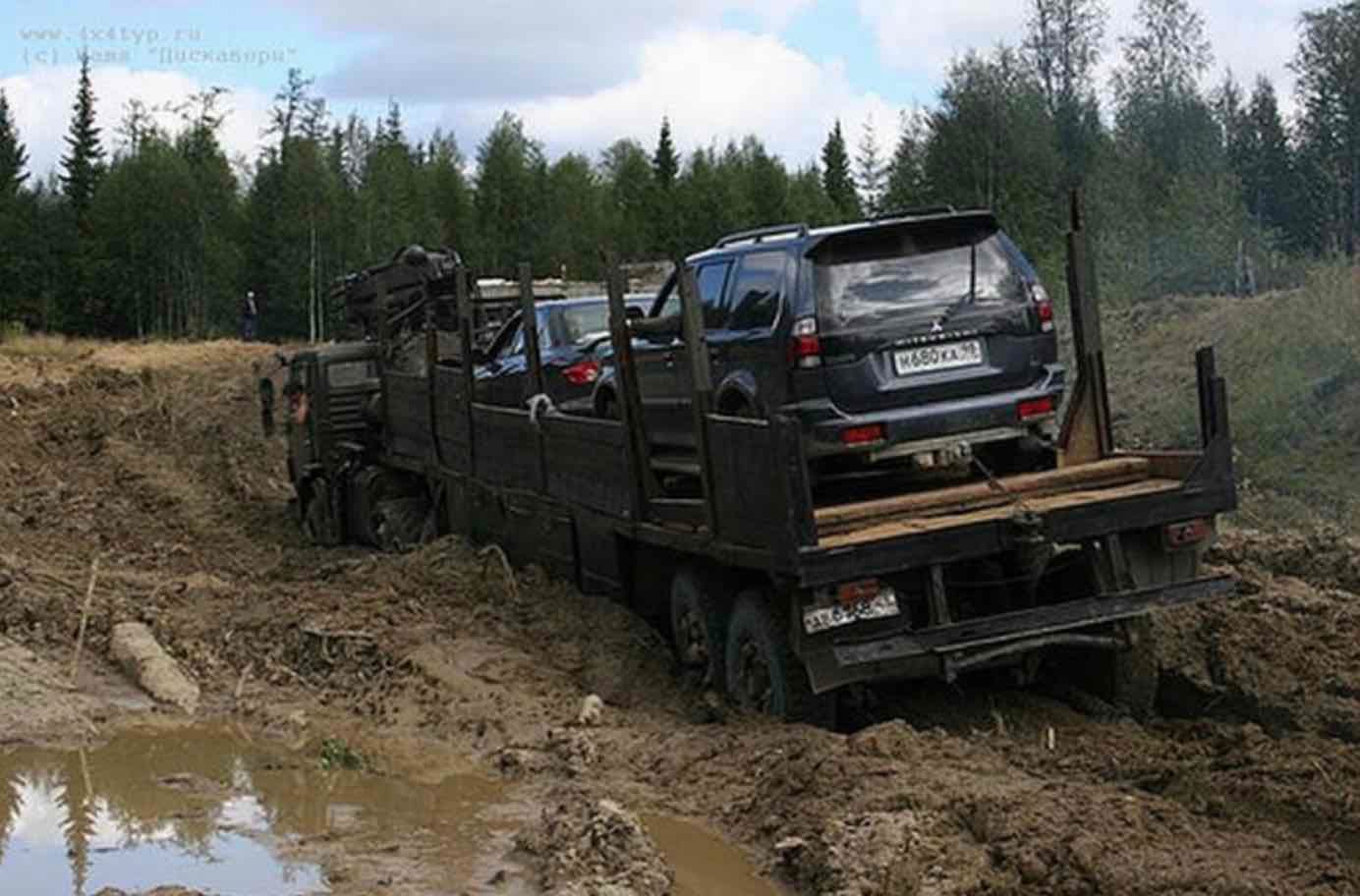

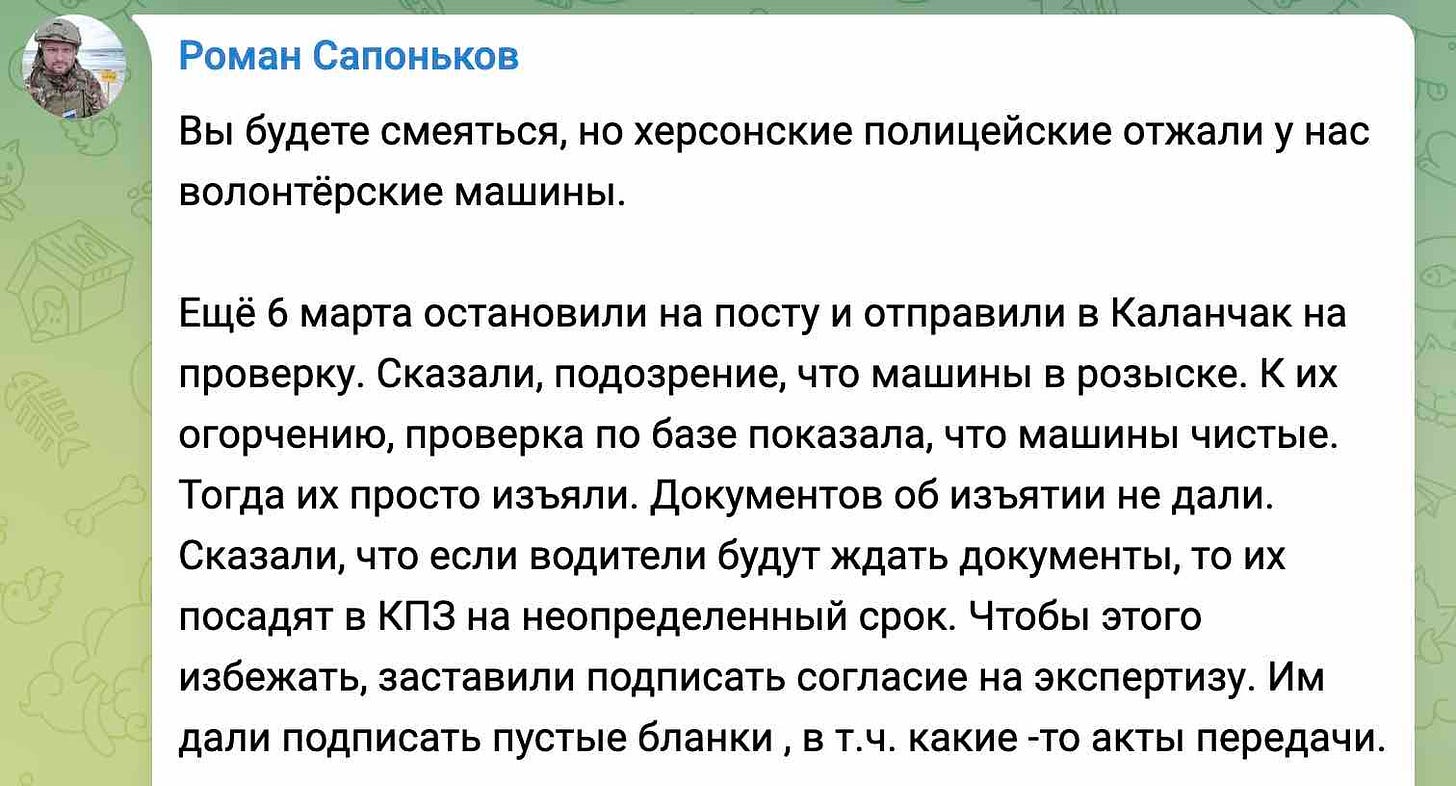
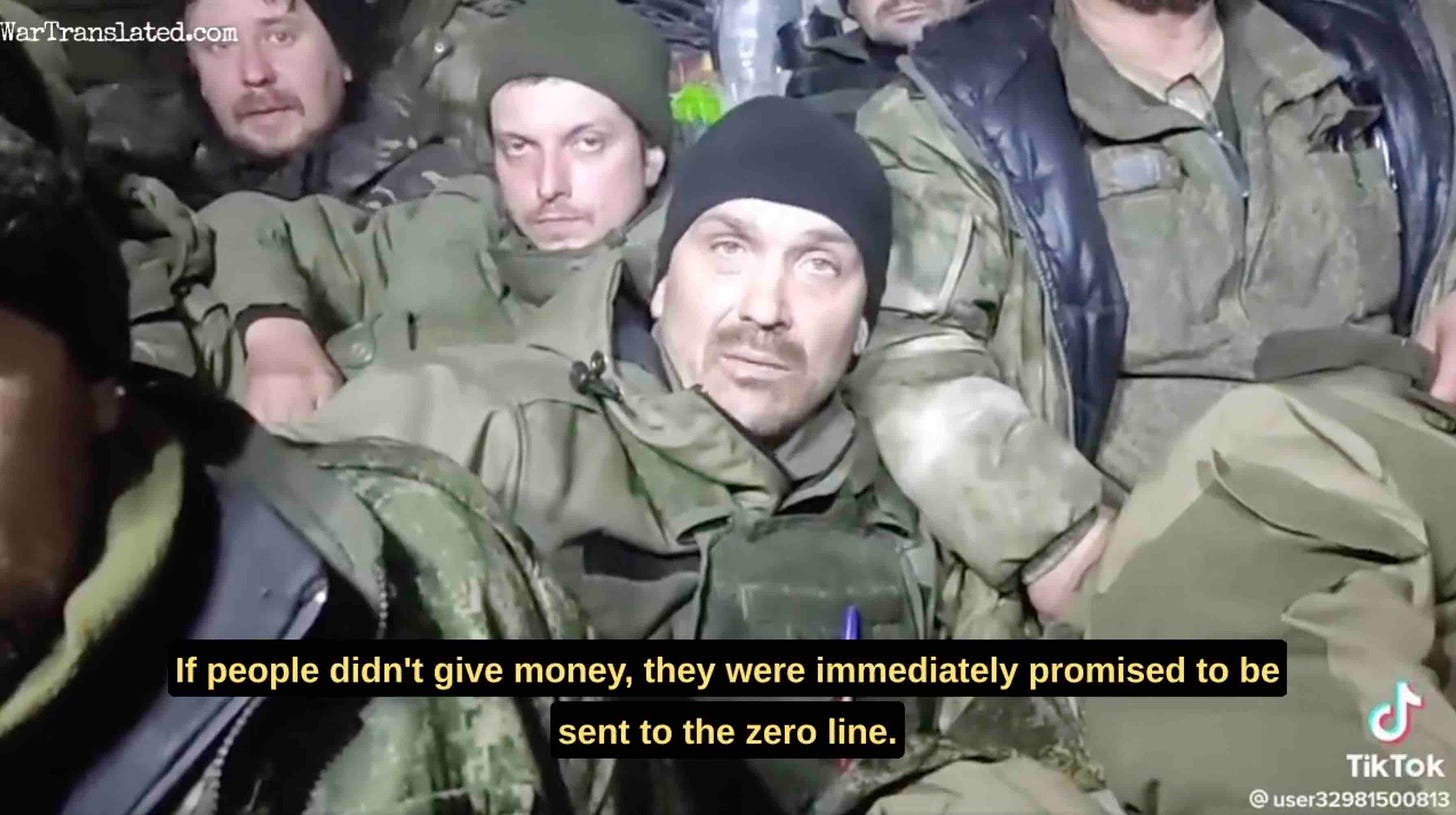
Wow. This really addresses the bigotry of low expectations and the dehumanising cultural relativism many westerners presume. Keep it up.
Good point: most of 'Pro-Russians' do not really know the object of their affection. It is however interesting what really pushes them into arms of Vladimir Vladimirovich: is it positive stereotype of Russia, or rather negative stereotype of the enemies of Russia, particularly US?
Those maimed by the positive stereotype usually end pathetically, like Gerard Depardieu (Zhora Depardeev) who moved to RF to waive French taxes, and now says that Mr. Putin is ivil after all, or continue pathetically, like Steven Seagal and few other individuals that you have mentioned in previous posts. But after all, positive stereotypes tend to die out faster then negative.
What is really worrying, negative feelings against US in the global South/3rd world will always drive new sympathizers towards Kremlin. I wonder how many readers you may find in India or English speaking African countries, but believe not too many. And I would not dare to think about Latinosphere, where Pope comes from (worthy topic for an another post, I hope). There is strong pro-Russian sentiment in Latin America, and I am afraid they do not care whether Russians live in dugouts or igloos, ride zhigulis or white bears, as what counts is that they stand against Estados Unidos.